Latin American authorities analyze climate change and its effects on housing in the region
Colombia, July 2023. Under the premise that Latin America and the Caribbean is the second most disaster-prone region in the world, authorities and climate change experts meet this week in Bogotá to analyze current effects of the climate crisis on housing in Colombia and the region. Participants will also learn about affordable and resilient solutions to reduce the current housing deficit, which was exacerbated by the COVID-19 pandemic.
This analysis will take place during the 5th Housing Forum, a regional event organized by Habitat for Humanity and convened through the Urban Housing Practitioners Hub (UHPH). Colombia’s Ministry of Housing, City and Territory, the Secretariat of Habitat and the Bogotá Mayor’s Office are co-hosts. Participating during the three days of the forum will be representatives of the United Nations, World Bank, Inter-American Development Bank (IDB), private sector, academia, civil society, community leaders, local and regional governments, and others.
Colombia was selected as the venue for the 5th Housing Forum as a regional reference and laboratory of policies and important intersectoral initiatives linking housing and environment, public and private sector, aimed at building more sustainable and efficient housing and habitat. Bogotá is the city venue for the event thanks to its leadership in housing and habitat, and programs for housing access and improvement that have been promoted through the Mayor’s office and District Secretariat of Habitat.
Latin American situation
According to IDB, 45% of the population in Latin America and the Caribbean does not have an adequate place to live. This means people are living in homes built of precarious materials with little resilience to climate change, lacking basic services, many with dirt.

Ernesto Castro, area vice president at Habitat for Humanity in Latin America and the Caribbean.
“Housing is a pillar for the sustainable development of a community, a people, a nation. Efforts need to be redoubled to address the current climate and social crisis, with urgent measures for adapting to climate change through more resilient and safe settlements in compliance with the New Urban Agenda. At Habitat for Humanity, we are clear that we’re called not just to reduce the housing deficit. We must also do this in a sustainable way, adjusting to the reality imposed by our planet. What we’re facing is a challenge of enormous proportions, with serious consequences for those who are most vulnerable. A challenge we cannot tackle in isolation, we must do this together with others,” said Ernesto Castro, Area Vice President of Habitat for Humanity, Latin America and the Caribbean.
Disasters such as hurricanes, droughts and more are a reality millions of Latin Americans face in their homes every year. The Economic Commission for Latin America and the Caribbean (ECLAC), indicates that worsening climate change and the combined effects of the COVID-19 pandemic have stalled decades of progress against poverty, food insecurity and inequities. In addition, ECLAC
calculates that in 2022, the value of all damage and economic losses related directly or indirectly to disasters in the region amounted to $1.789 billion.
“A much more comprehensive view is required on the part of governments. It is very important to make a transformation in public policy on housing and habitat. There is nothing more important for quality of life than access to clean water and sanitation. The aim is access to adequate housing under a new public policy model that has to do with management, recognizing the importance of community water organizations, and understanding how public resources from the national government should be directed toward investing in housing improvement and new housing, in joint work with the private sector and in understanding how the construction of habitat construction should move forward,” stated Catalina Velasco, Minister of Housing, City and Territory in Colombia.
Celebrating Habitat for Humanity’s decision to choose Bogotá as venue for the forum’s fifth edition, Bogotá Mayor Claudia López Hernández went ahead and welcomed the participants arriving from different countries, presenting a complete panorama of the city’s process of economic and social recovery after the pandemic, and explained that a main focus has been on women.
“That’s why our housing policy included the design and implementation of housing solutions for vulnerable, low-income households (equal to or less than US$ 495 a month) in rental, purchase, upgrade or incremental housing modalities. Through these solutions, we delivered more than 12,000 subsidies, 72% to households headed by women,” explained the mayor.
The current housing crisis affects the most vulnerable sectors of the population above all, among them women, migrants, ethnic groups, young people and the elderly. Day after day they experience the effects on health, on security and on their lives from not having a safe place to call home. Given this situation, the forum is being held so that authorities are able to recognize urgent climate and social challenges in housing and habitat, as well as to share and propose innovative, scalable and responsible solutions addressing climate change, and summon the commitment, investments and resources the emergency demands.
“At UN-Habitat we believe meetings like the 5th Housing Forum are vitally important in the process needed for socioeconomic recovery in Latin America and the Caribbean, in the post COVID-19 context with a global crisis that also affects the region. In our organization we’ve identified housing and habitat-related issues as one of the priority areas for action and intervention, and one of the priority public and private investment areas important to promote,” indicated Elkin Velásquez, regional representative of UN-Habitat for Latin America and the Caribbean.
The event will also include an examination of 12 innovative initiatives that strengthen housing in the face of climate change effects, and which will receive recognition during a special award ceremony as the winners of the 2023 UHPH Inspiring Practices contest. This competition is held every two years to acknowledge and showcase housing initiatives that, through innovation and collaboration, help improve the quality of life of low-income families in the region.
The 5th Housing Forum is held with the support of The Hilti Foundation as global presenter and sponsored by regional partners such as: the Whirlpool Corporation, Grupo Argos, UN-Habitat, Development Bank of Latin America, Swiss Contact, World Vision, the International Habitat Summit-Latin America and the Caribbean, Miyamoto, Eternit and Asociación de Empresas Inmobiliarias del Perú. Previously, the forum was held virtually from Costa Rica in 2021, in Dominican Republic in 2018, Mexico in 2015 and Colombia in 2012.

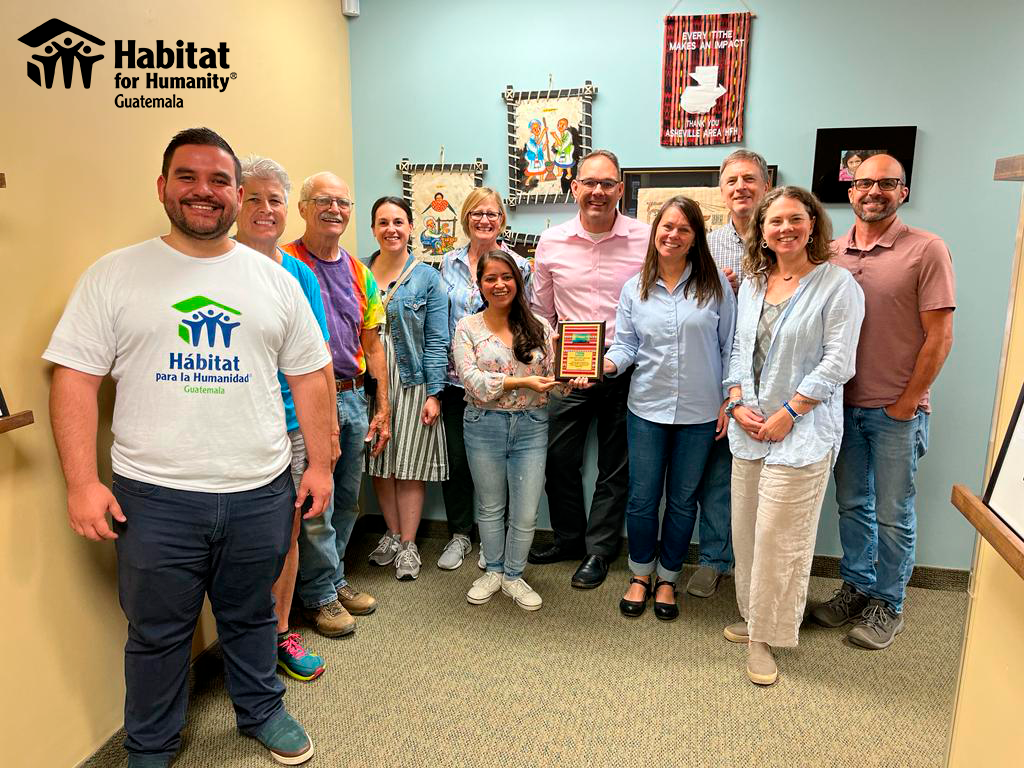
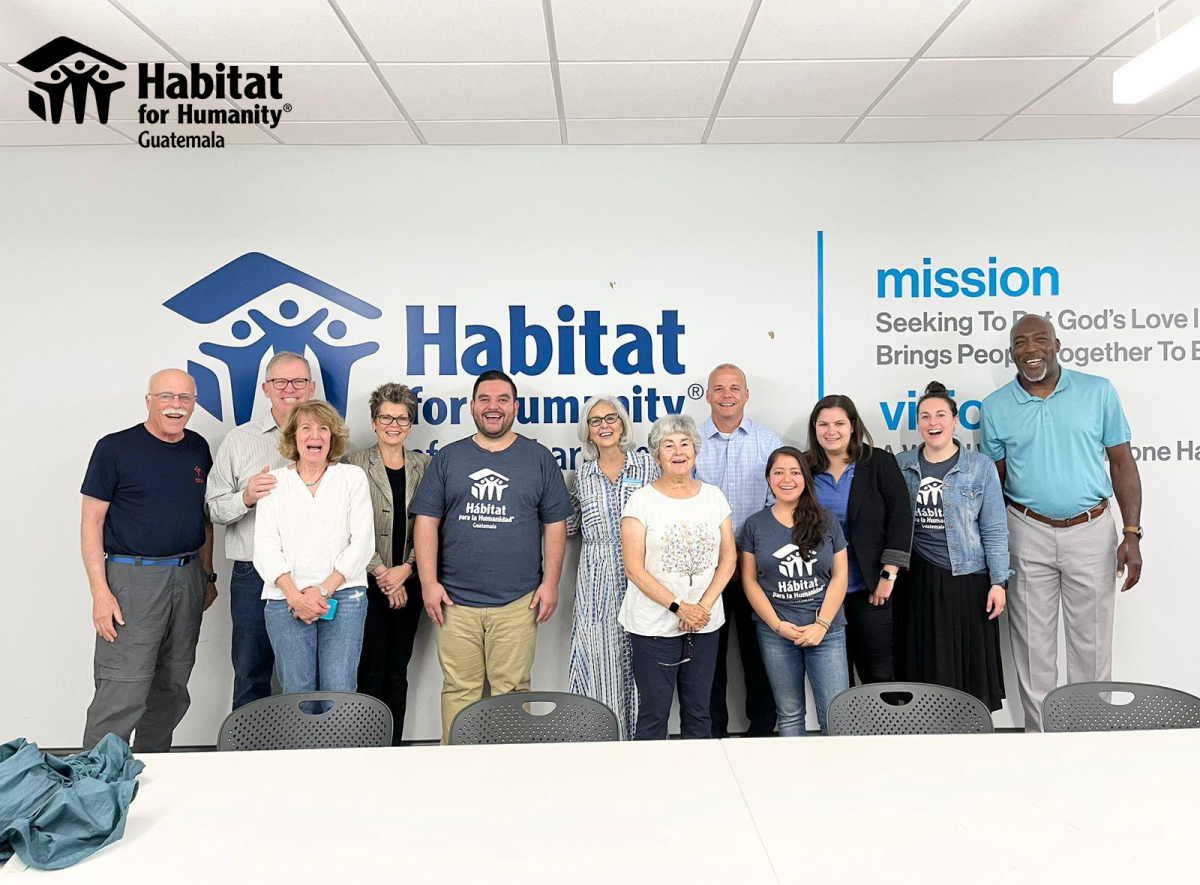
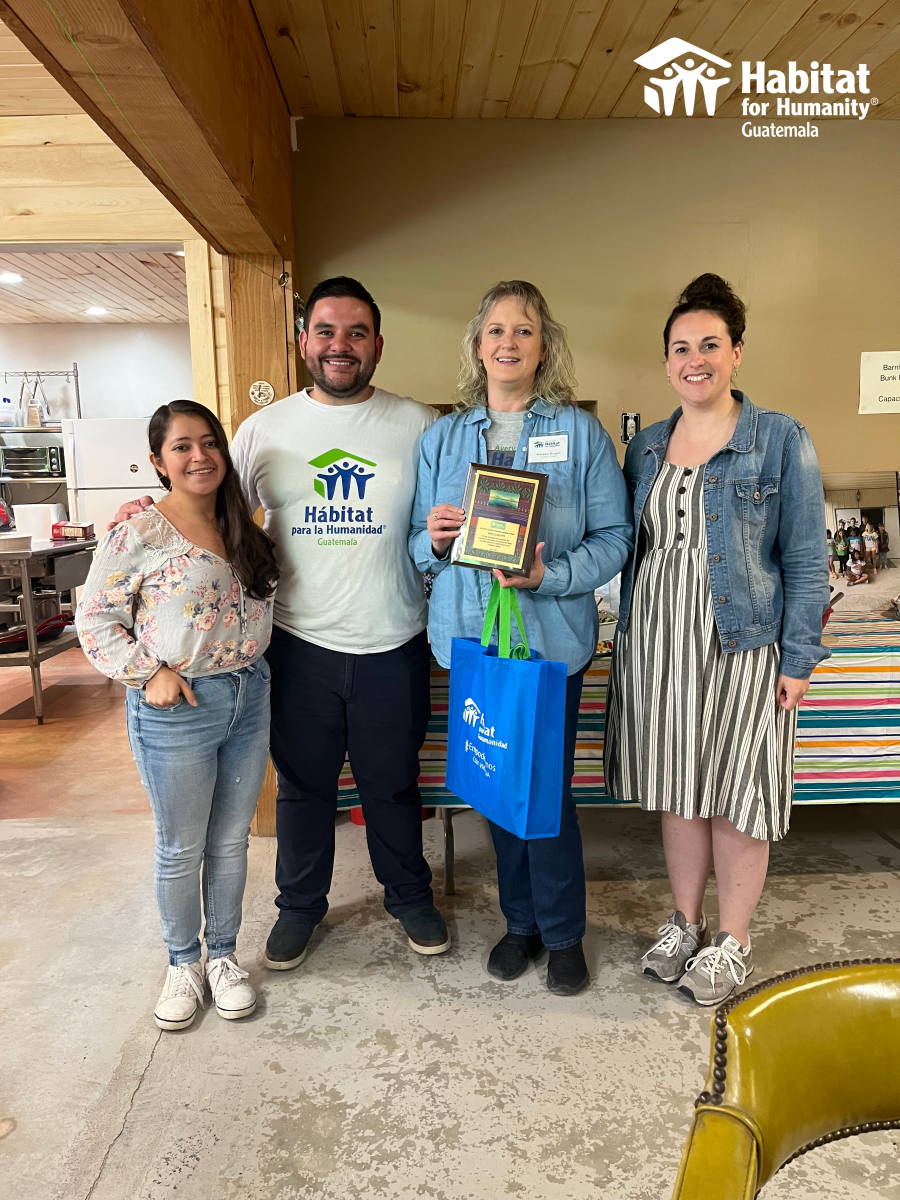
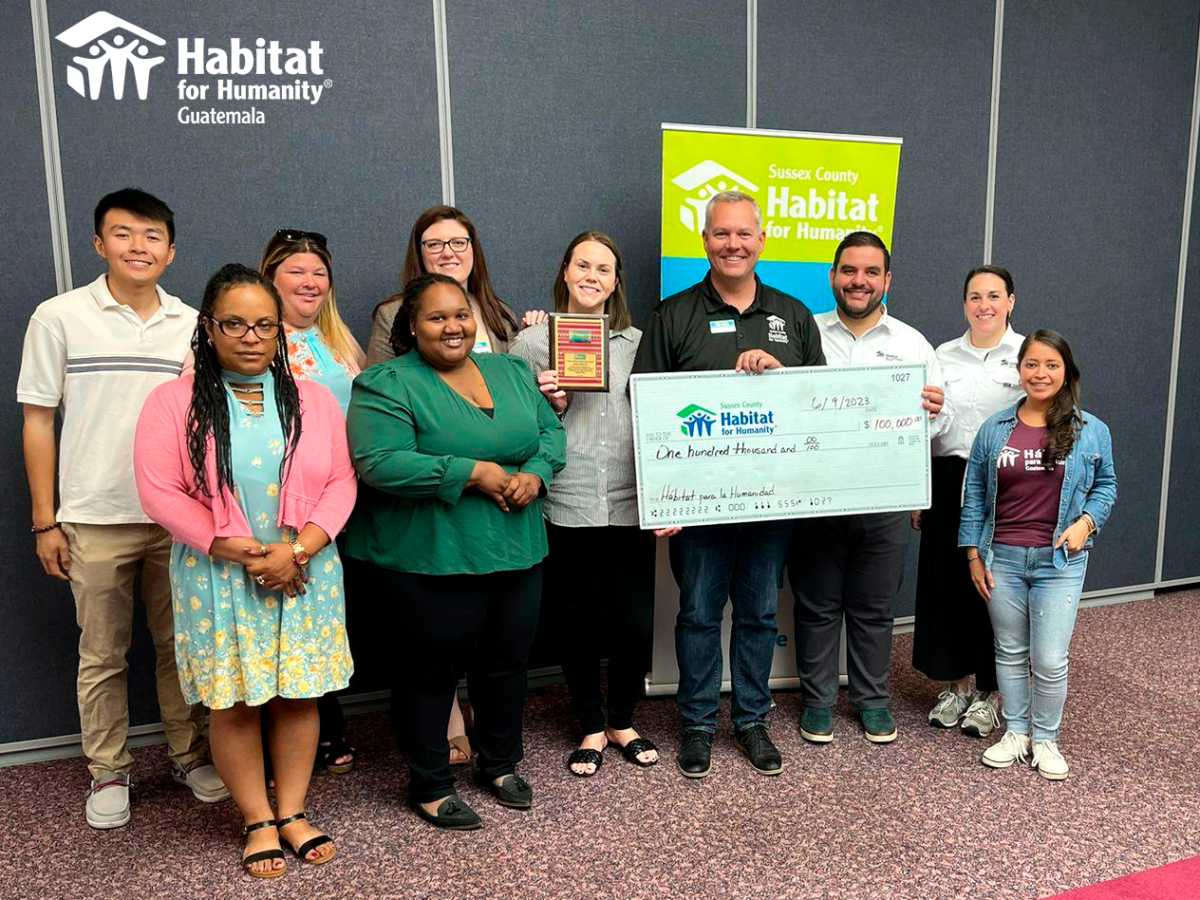


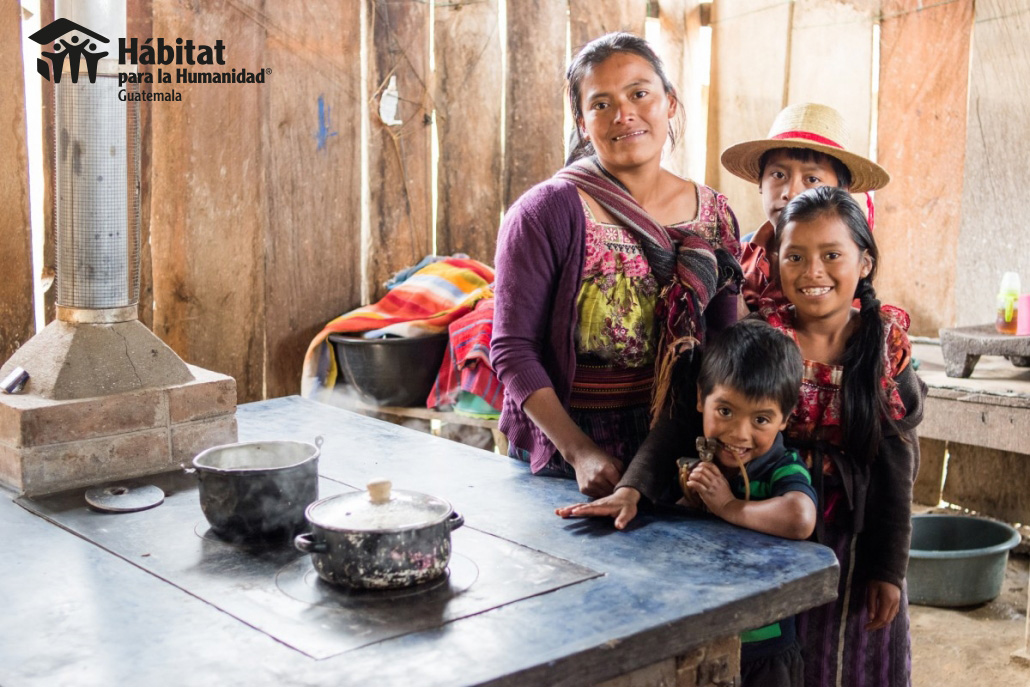
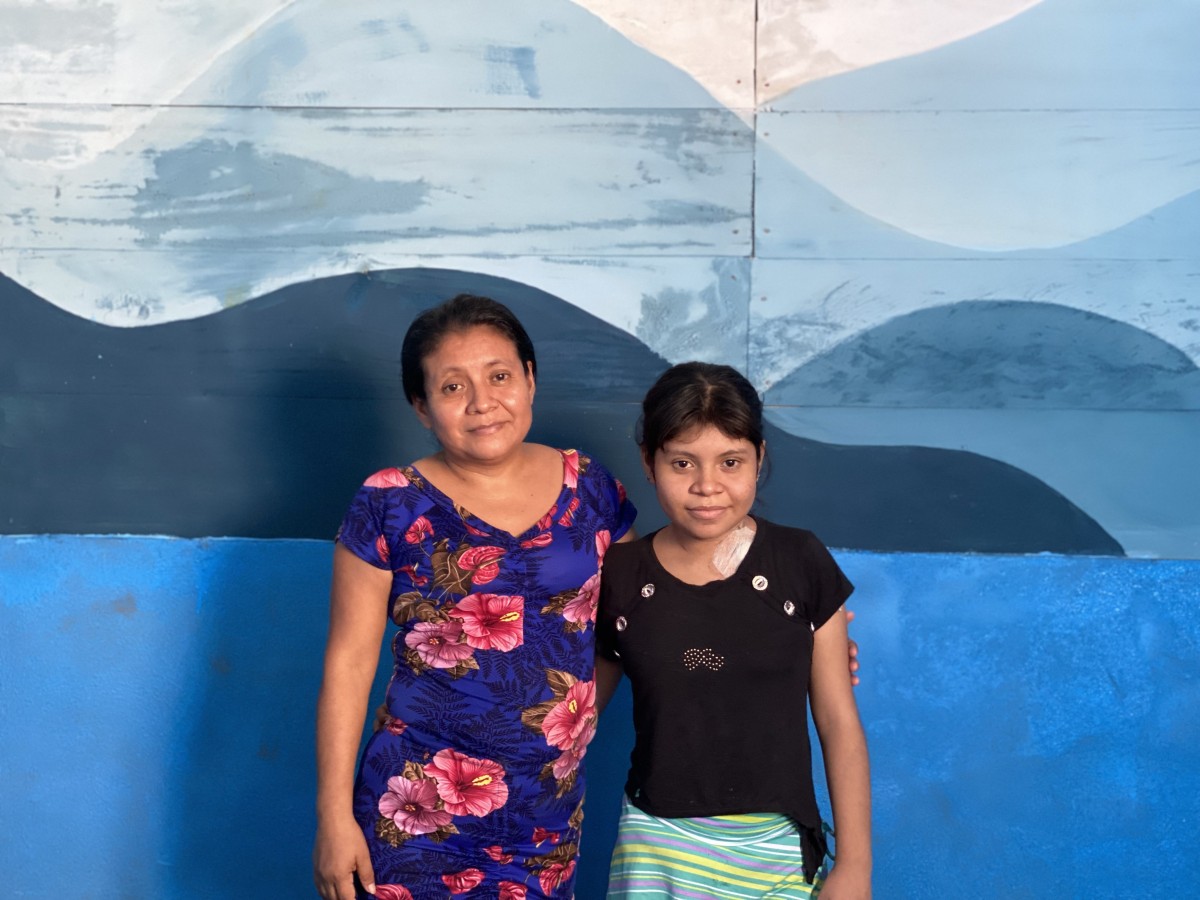
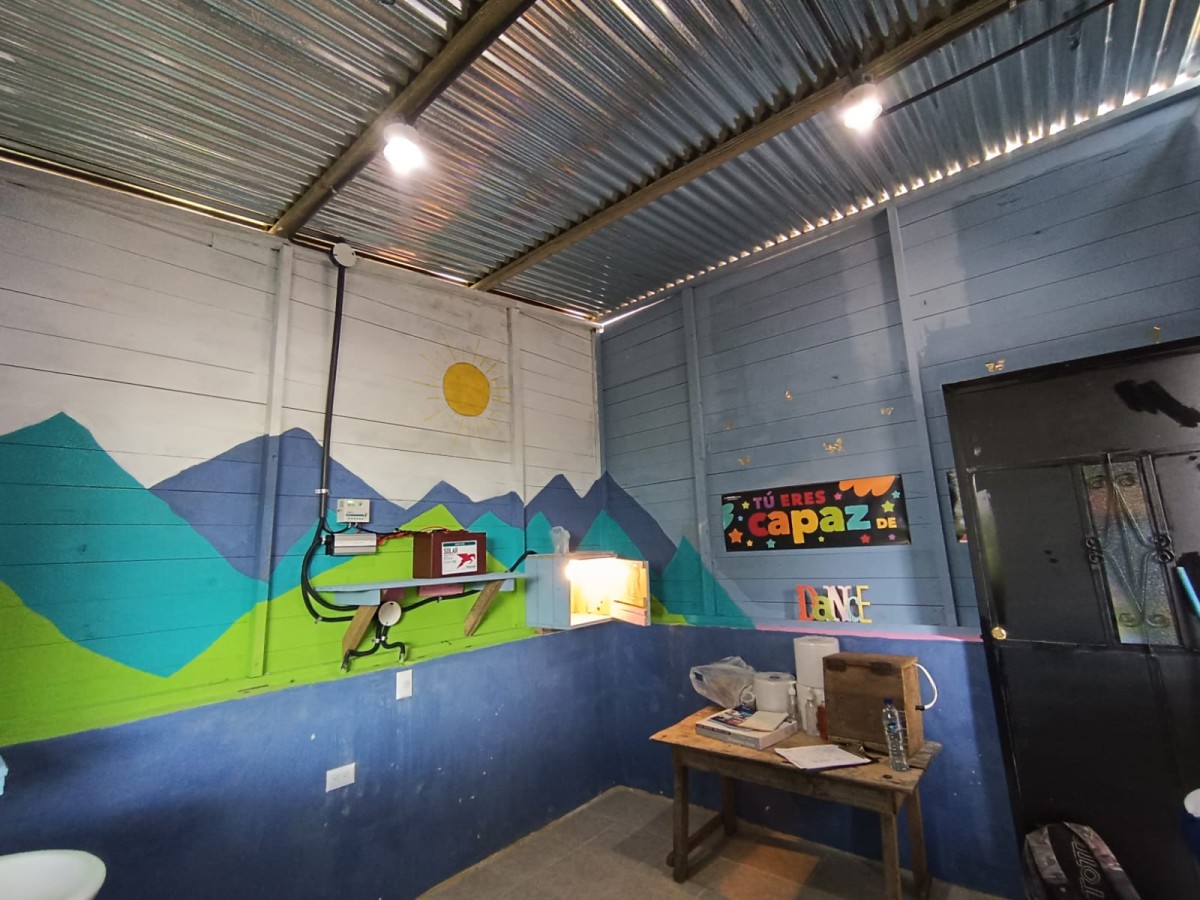
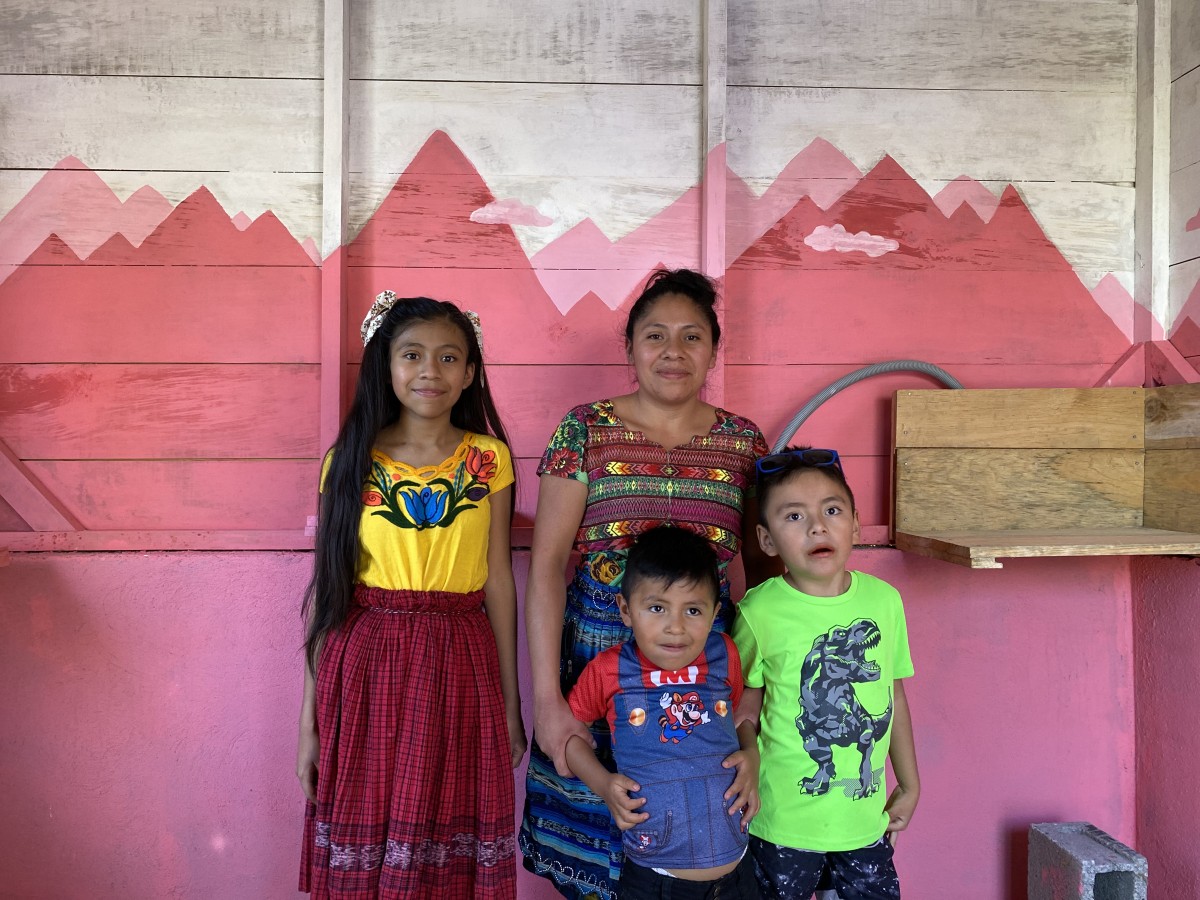
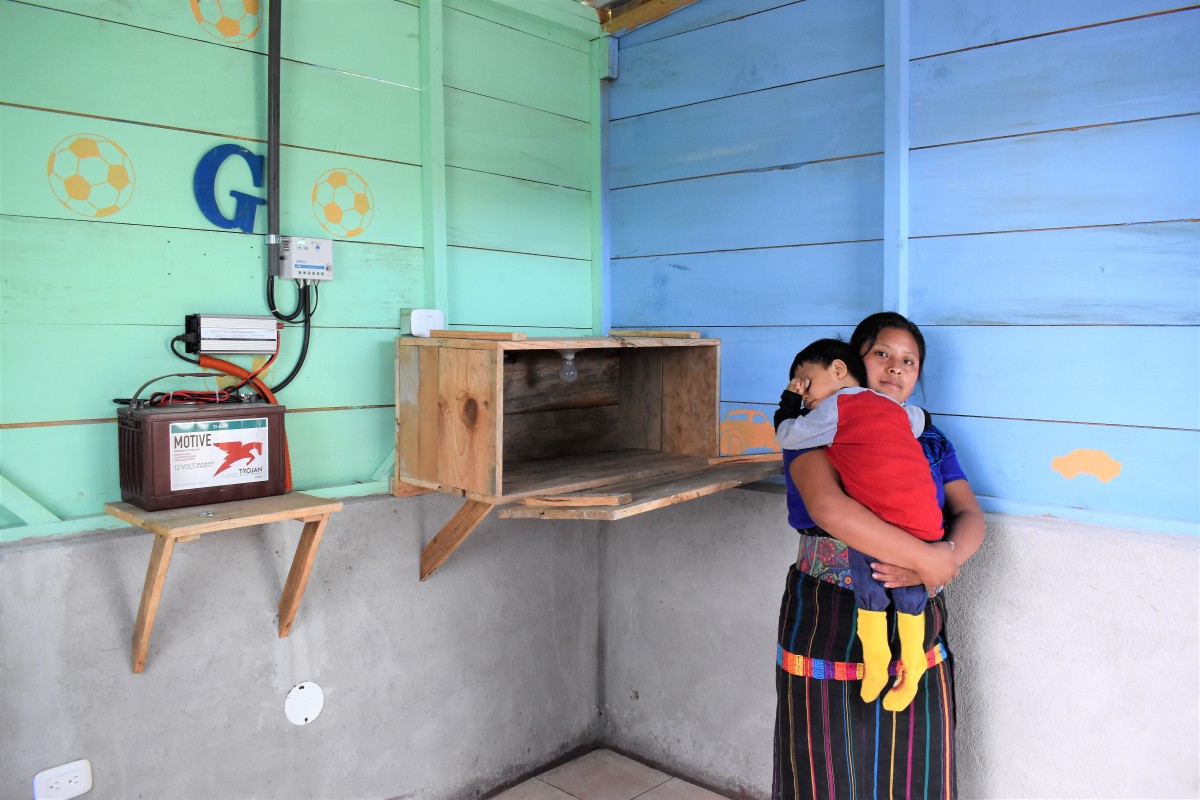
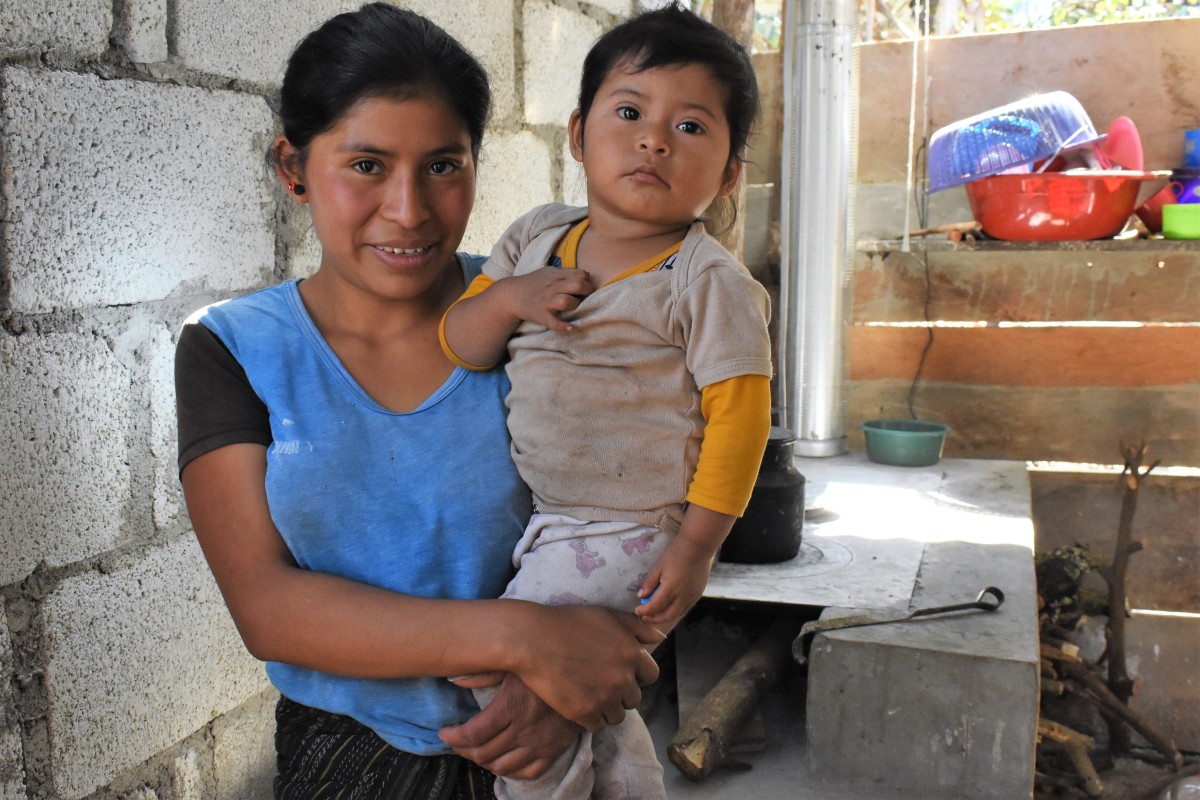
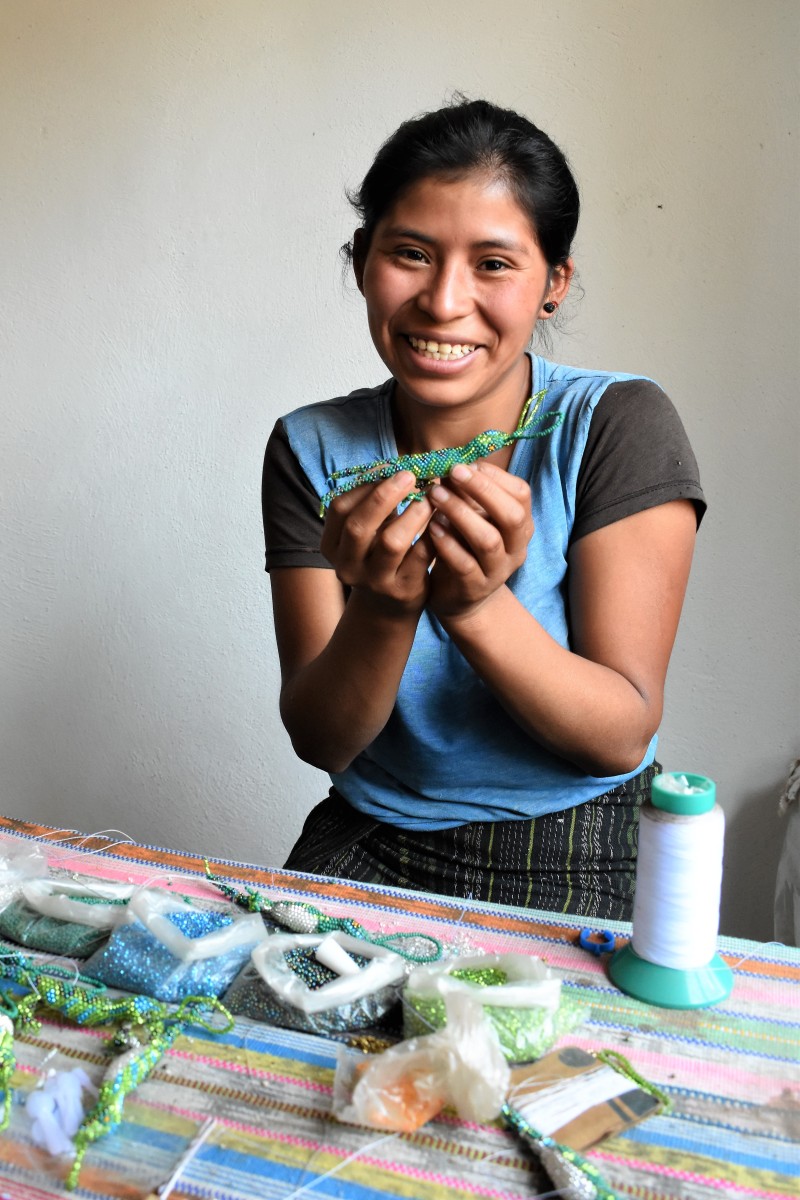
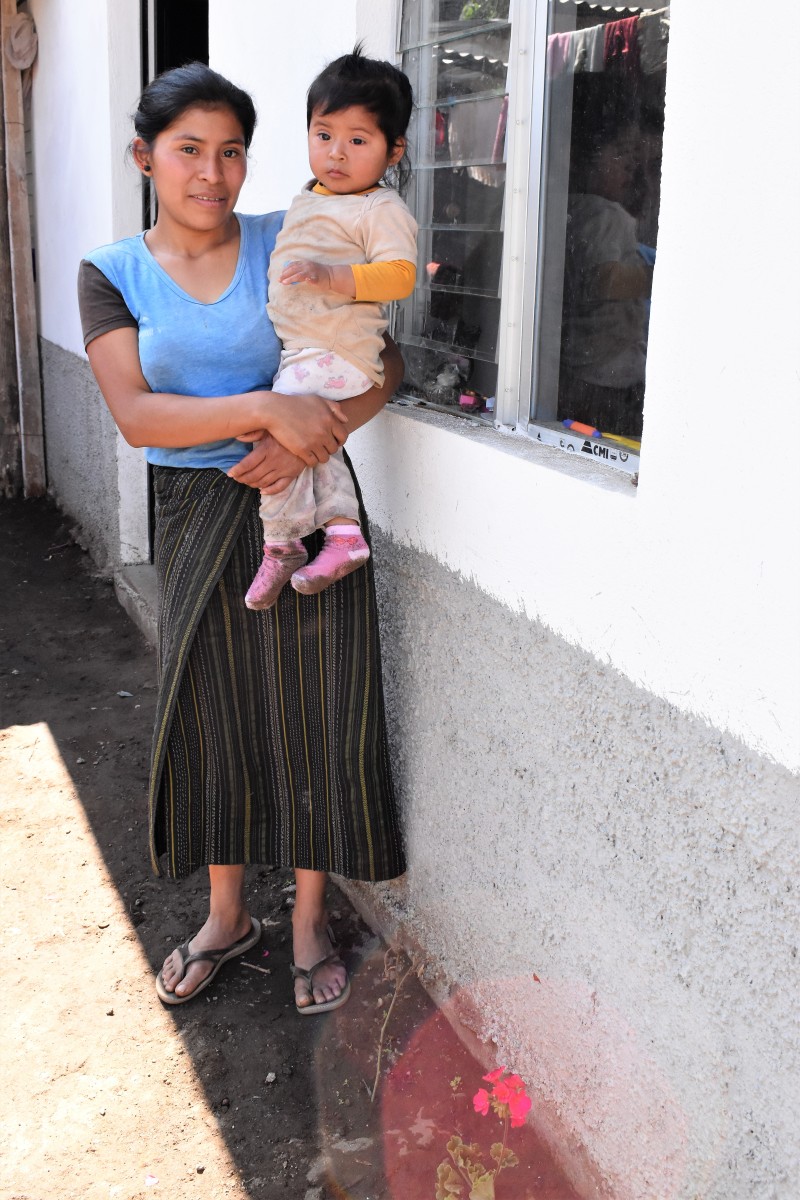
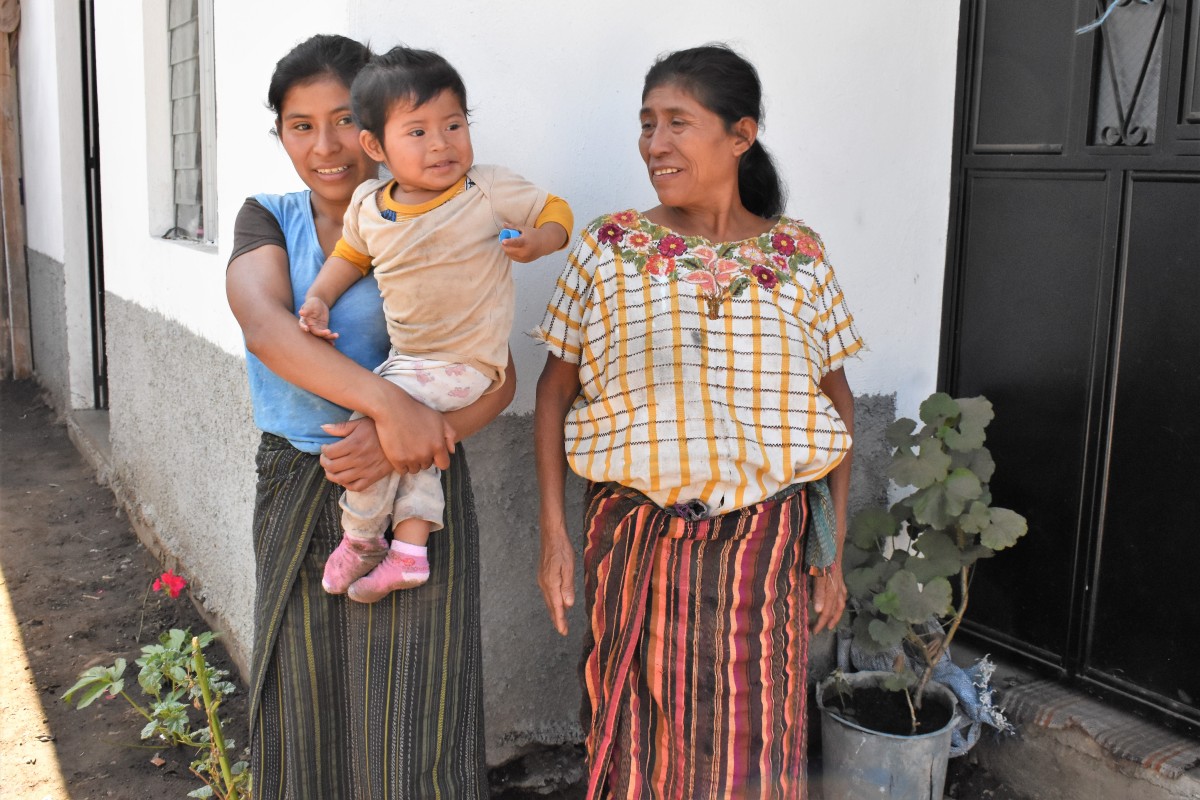
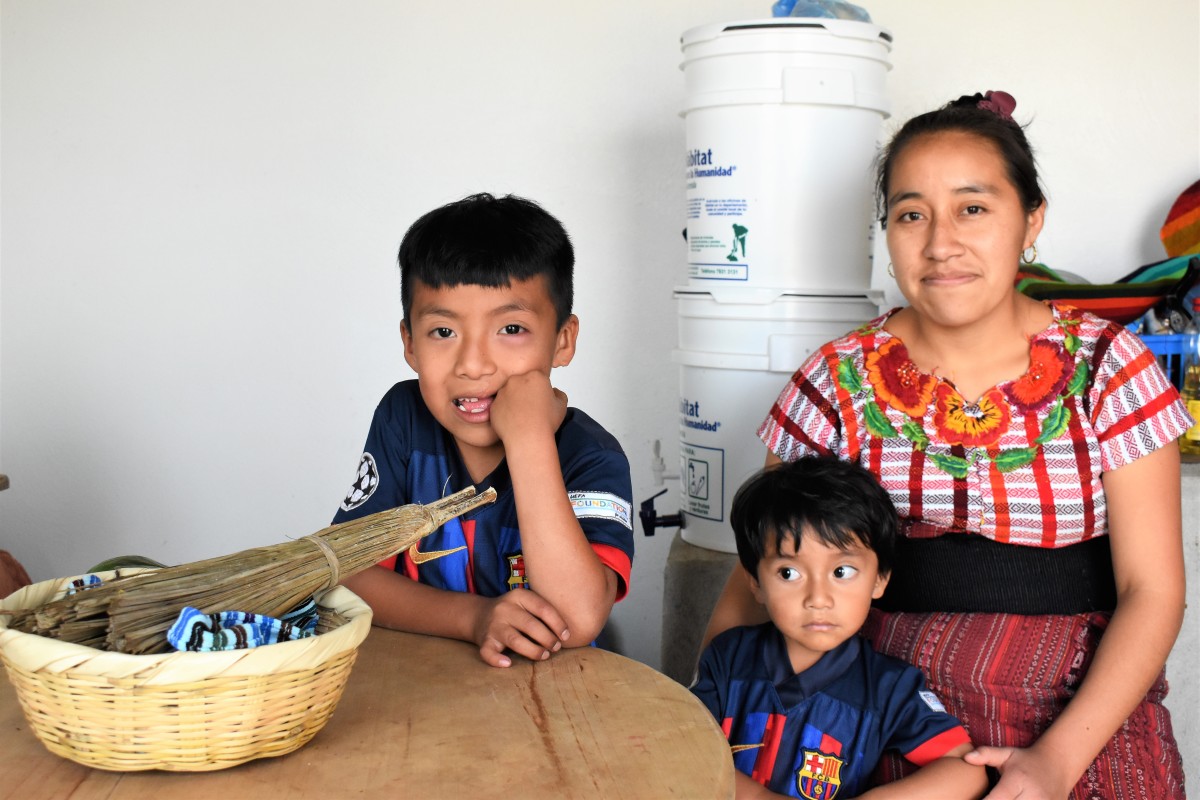
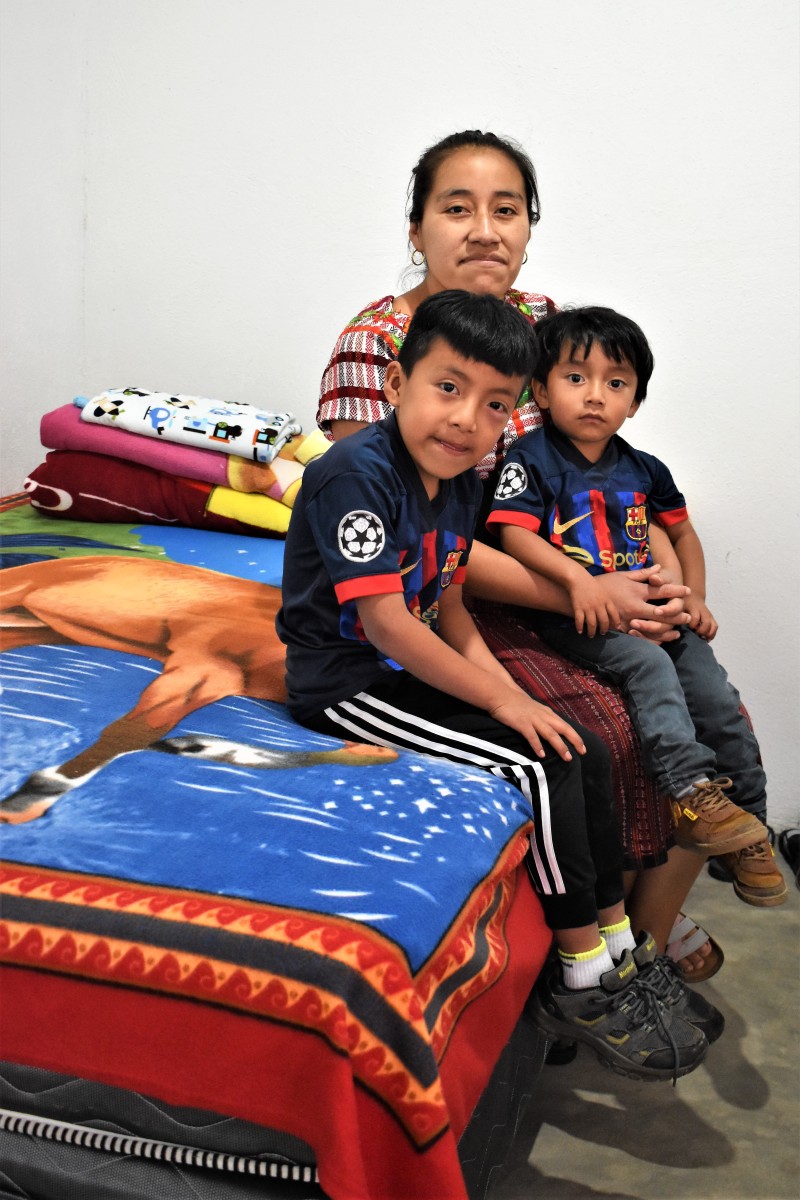
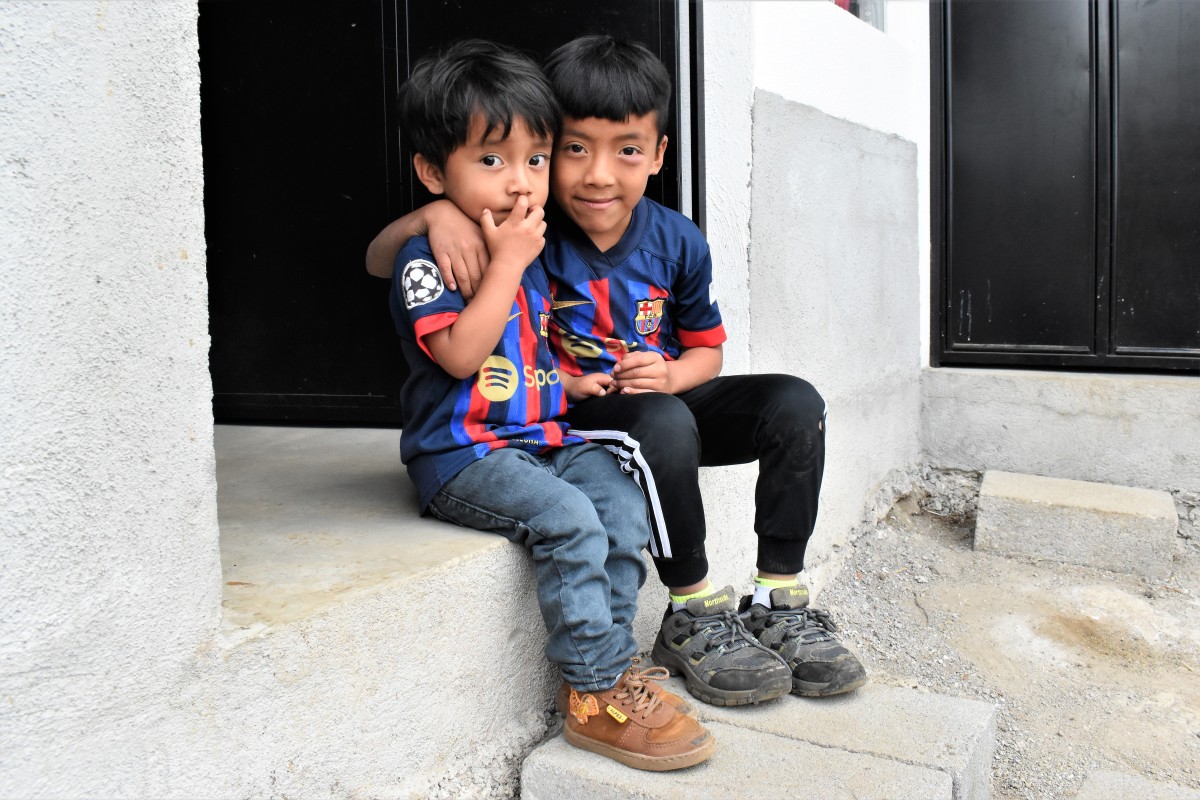
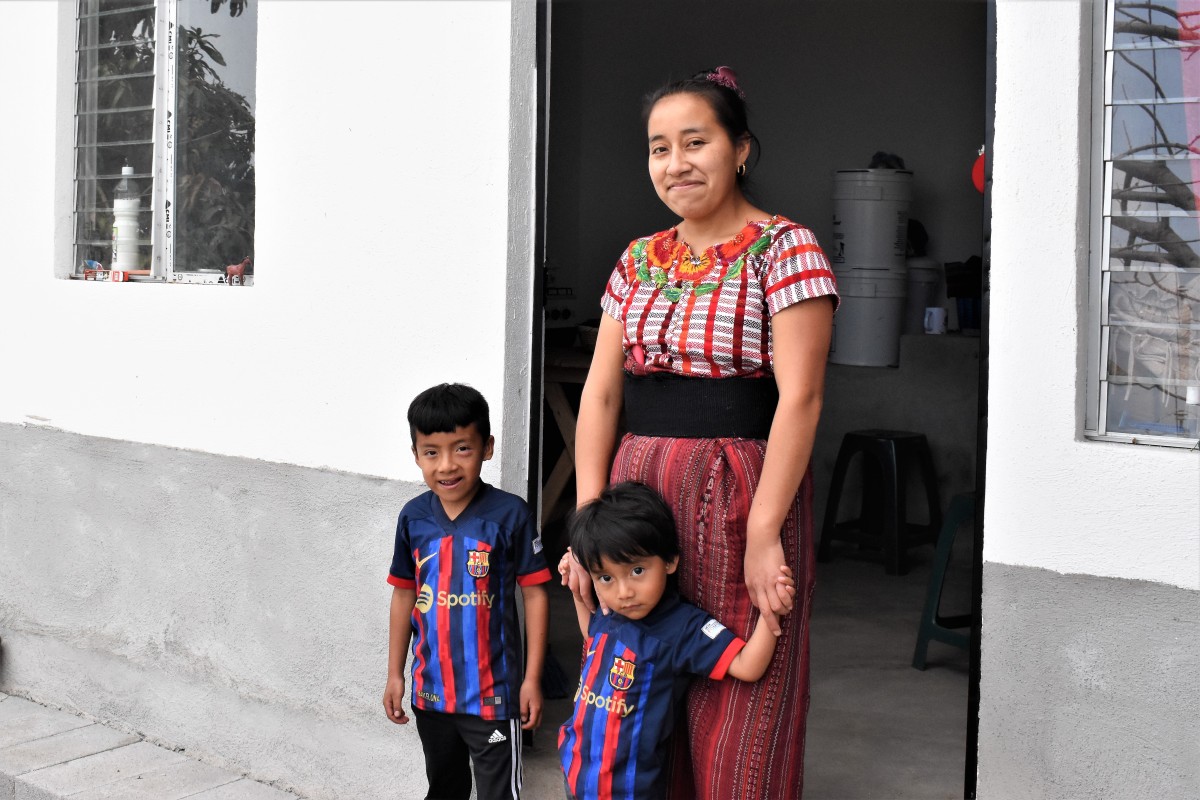
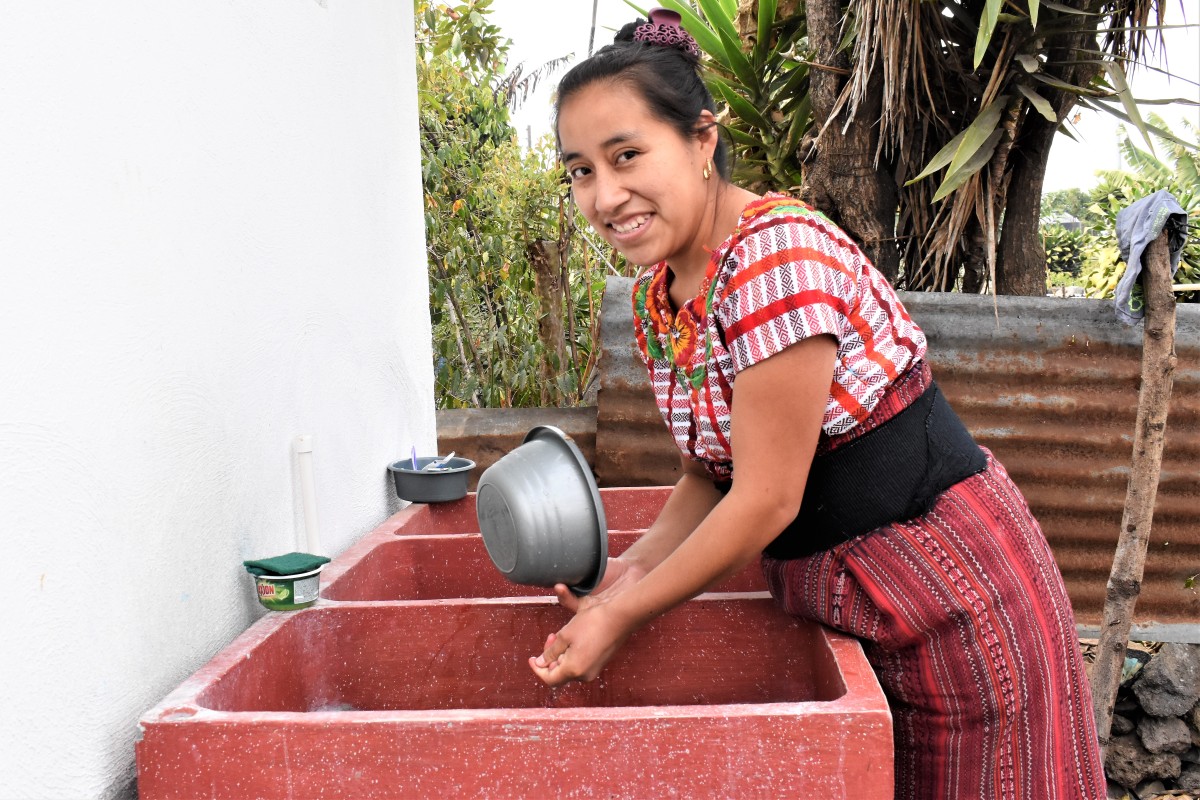
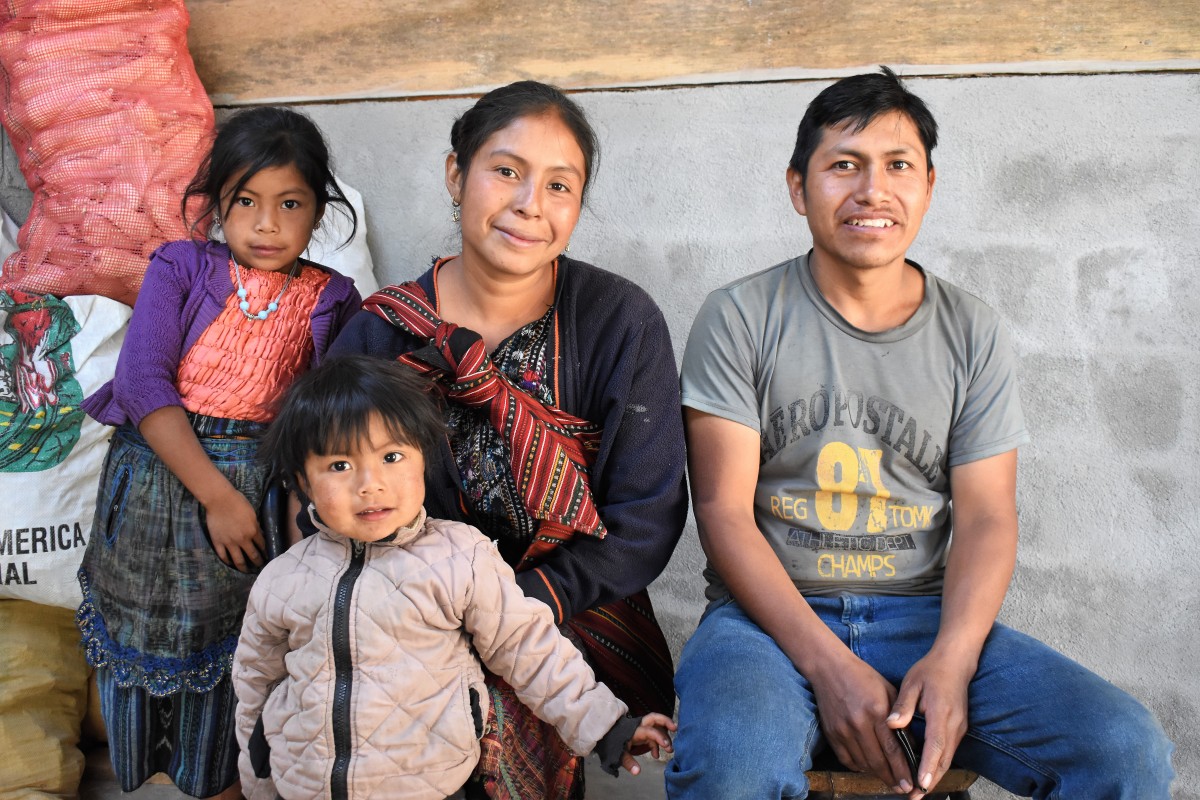
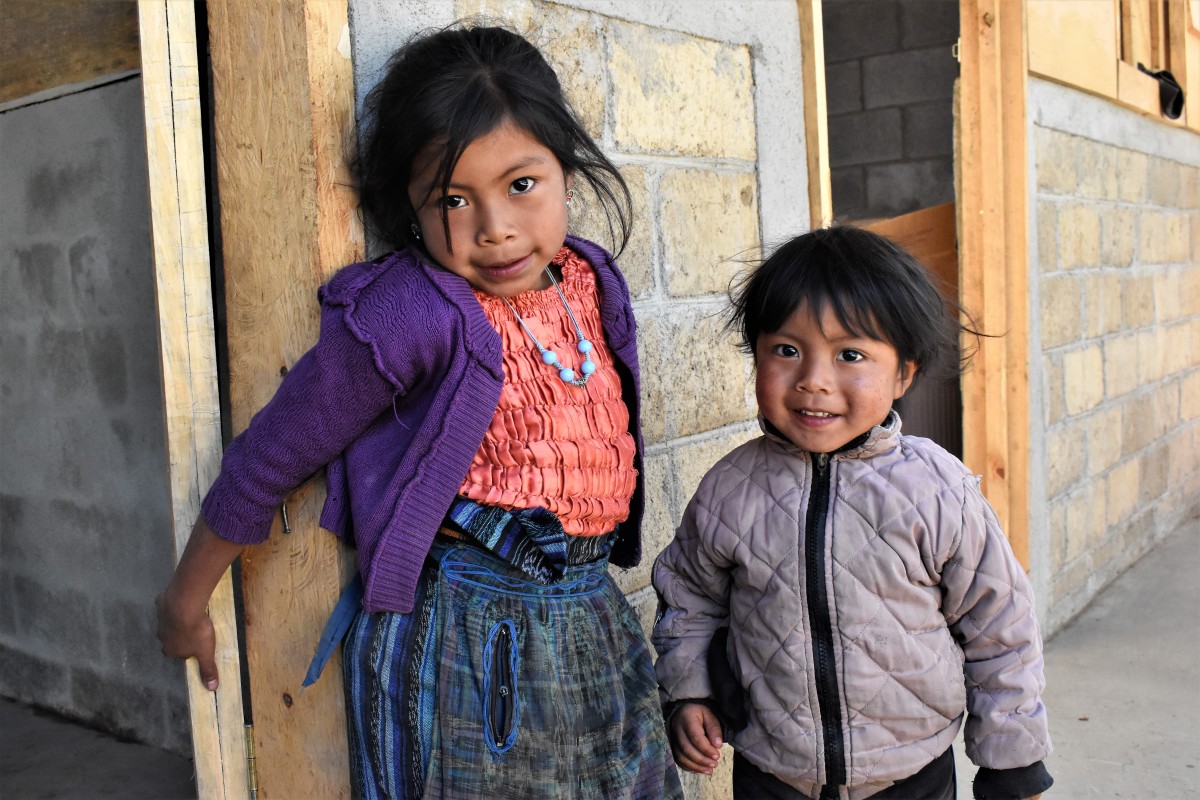
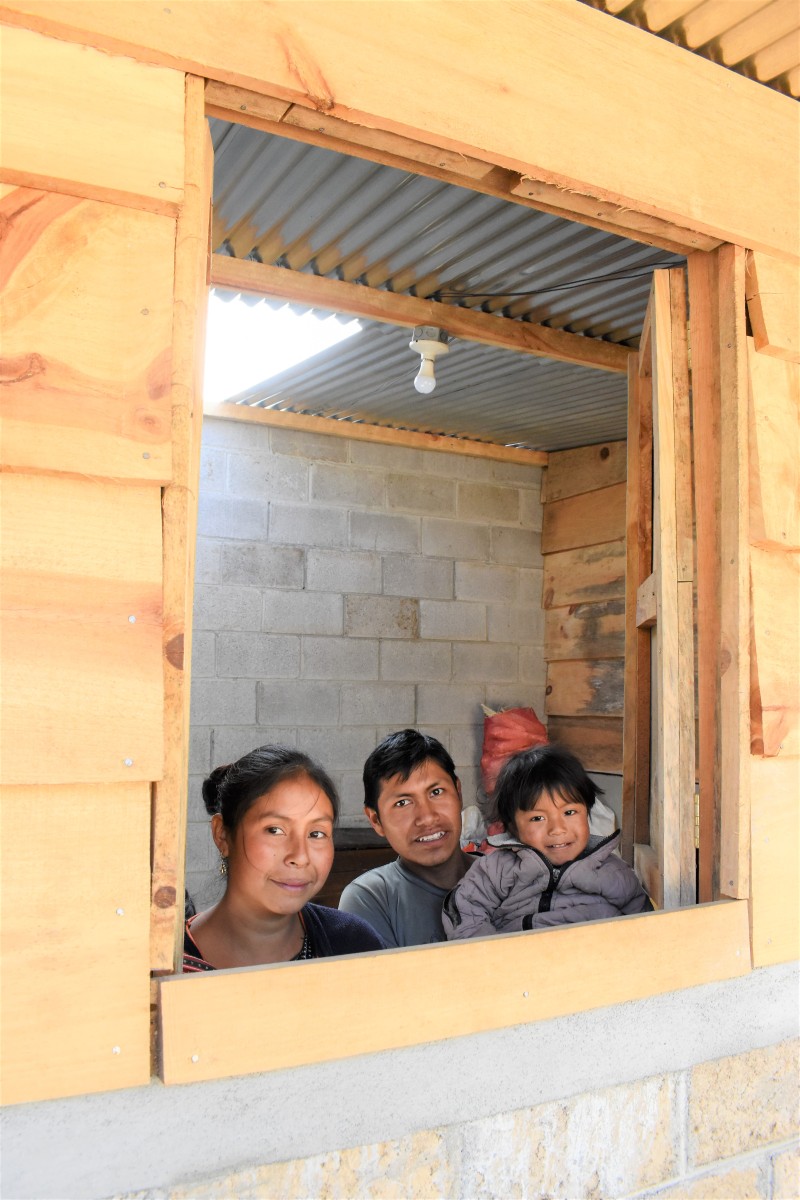
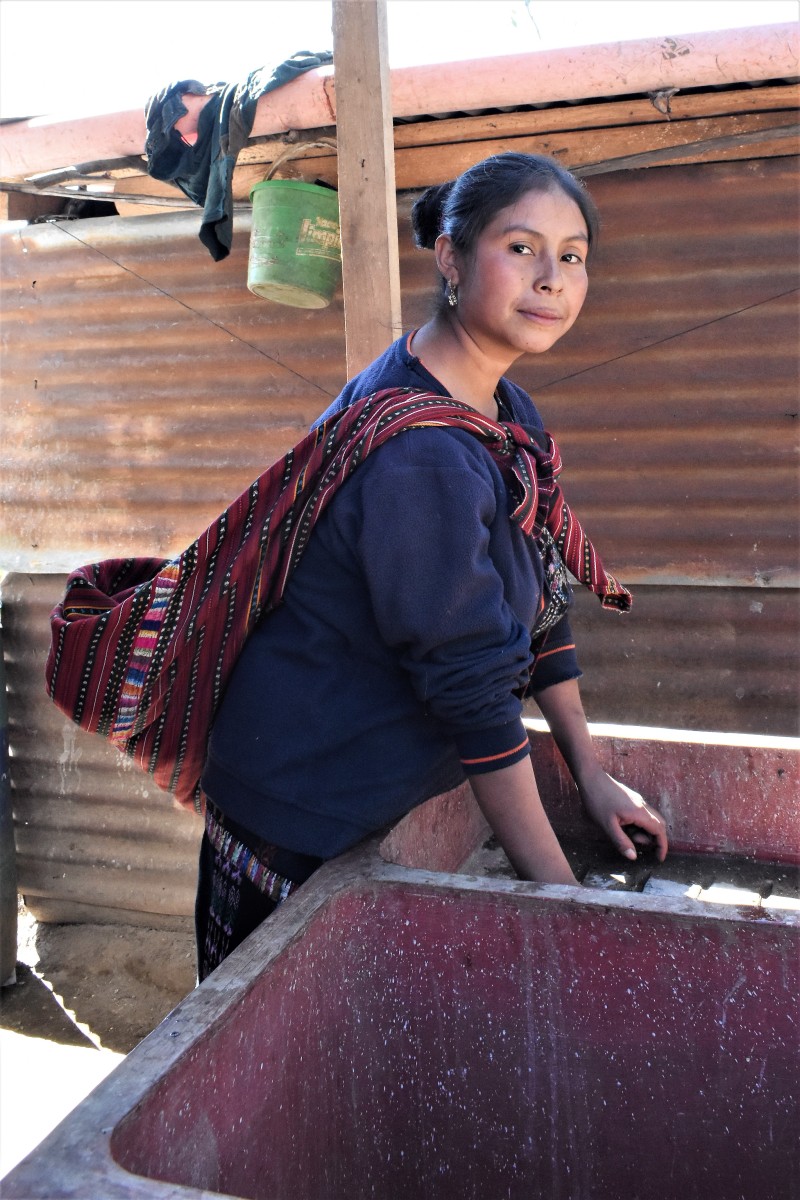
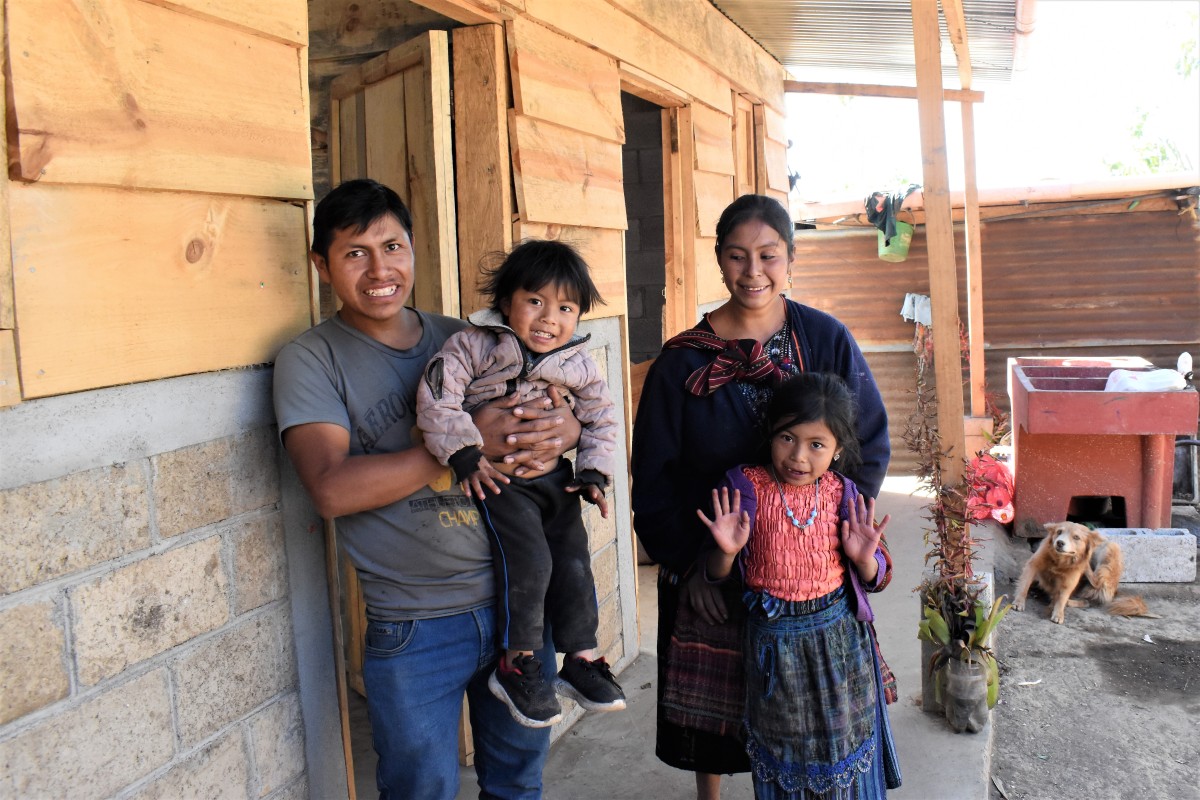
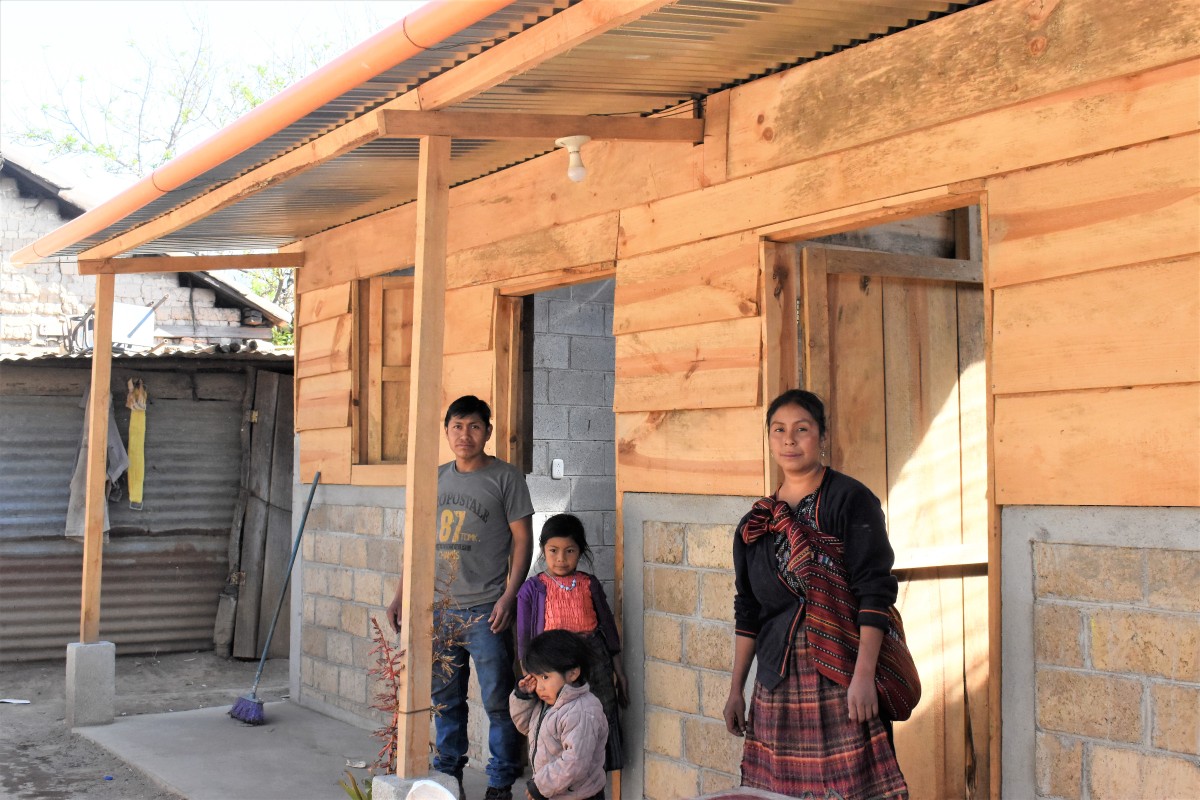
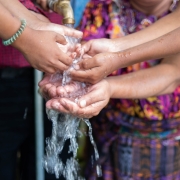 Since 2010, HFHG has delivered 4,385 latrines; 10,157 water purification filters; 1,084 pilas, 3 community water systems and 225 rainwater harvesters. Thus, contributing to bring clean and safe water to many communities throughout Guatemala. At the same time, HFHG is creating a platform to contribute to the promotion and advancement of Sustainable Development Goal (SDG) targets and indicators such as Goal 6: clean water and sanitation.
Since 2010, HFHG has delivered 4,385 latrines; 10,157 water purification filters; 1,084 pilas, 3 community water systems and 225 rainwater harvesters. Thus, contributing to bring clean and safe water to many communities throughout Guatemala. At the same time, HFHG is creating a platform to contribute to the promotion and advancement of Sustainable Development Goal (SDG) targets and indicators such as Goal 6: clean water and sanitation. 